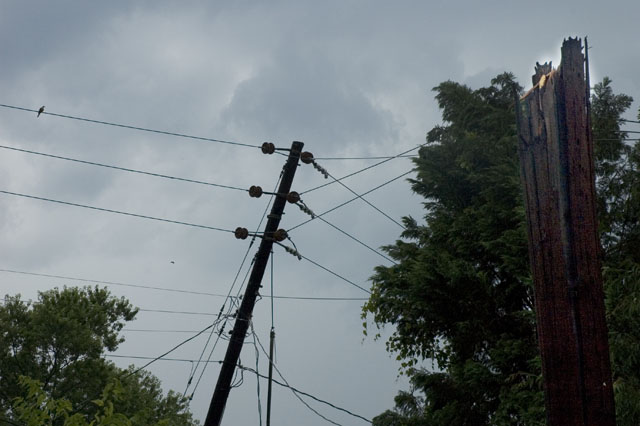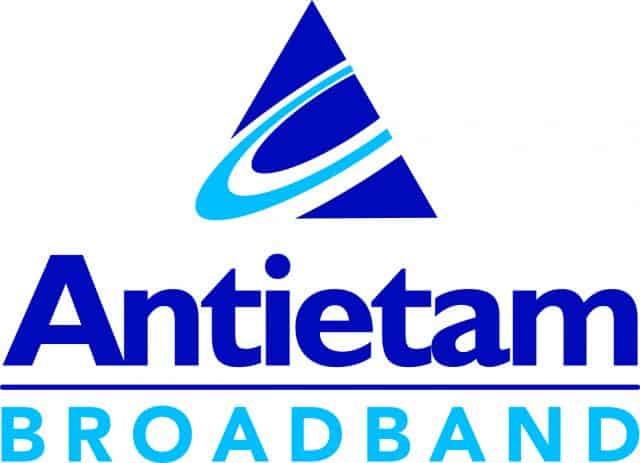 The cable industry’s public affairs network — C-SPAN, gave a friendly reception to a top telecom industry lobbyist over the weekend, responding to soft ball questions about rural broadband and telecommunications public policy debates.
The cable industry’s public affairs network — C-SPAN, gave a friendly reception to a top telecom industry lobbyist over the weekend, responding to soft ball questions about rural broadband and telecommunications public policy debates.
Jonathan Spalter, president and CEO of USTelecom appeared on C-SPAN’s “The Communicators” to answer questions about broadband service in the era of COVID-19. USTelecom’s members, primarily telephone companies, have been strong proponents for government funding of rural broadband expansion, are opposed to telecom industry regulation and net neutrality policies, and argues that the more oversight and regulation the industry deals with, the less investment Wall Street will direct towards broadband networks.
Spalter was asked about how American broadband networks handled the work/learn-from-home requirements during the coronavirus pandemic. Spalter said networks handled the increased traffic well, but noted many rural Americans still lack access to high-speed internet. Some Democrats have proposed regulating broadband service as a utility to deal with issues of access and affordability, an idea that Spalter rejects.
“To wrap it in the red tape of regulatory strictures, the overhang of bureaucracy that would be required if we were to make it a utility, would take us backward,” Spalter said, adding he prefers “light touch” regulation. But Spalter had no objection to spending taxpayer dollars to pay for-profit telephone companies to expand broadband service in high-cost rural areas. Spalter called estimates that it would cost $100 billion to bring high speed internet service to all Americans “adequate.”
Jonathan Spalter, USTelecom’s president and CEO, talked about the coronavirus’s impact on telecommunications, regulatory issues, and solving the problems of rural internet access. (28:52)


 Subscribe
Subscribe Cox will return to data capping its broadband customers on Wednesday, July 1 but with a bigger usage allowance from now on.
Cox will return to data capping its broadband customers on Wednesday, July 1 but with a bigger usage allowance from now on. Frontier Communications and Suddenlink are America’s most disliked phone and cable company, ranking dead last in respective categories in the
Frontier Communications and Suddenlink are America’s most disliked phone and cable company, ranking dead last in respective categories in the  “Suddenlink remains in last place and customers find its bills harder to understand than any other pay TV provider,” the ACSI annual report states. The company’s internet service saw a 5% drop in the ACSI ratings, the steepest decline of all providers. Customers point to increasing dissatisfaction with service outages, which have increased in frequency and length. Customers now have more reasons to contact customer service, a category where Suddenlink’s rating drops even further.
“Suddenlink remains in last place and customers find its bills harder to understand than any other pay TV provider,” the ACSI annual report states. The company’s internet service saw a 5% drop in the ACSI ratings, the steepest decline of all providers. Customers point to increasing dissatisfaction with service outages, which have increased in frequency and length. Customers now have more reasons to contact customer service, a category where Suddenlink’s rating drops even further.
 Leichtman Research Group reports that most customers are looking for stable and reliably fast internet service, and phone company DSL delivers neither. Having a speedy and dependable connection has become crucial as tens of millions of Americans work from home to avoid contracting the illness. Sharing that internet connection with kids staying home from school quickly caused a spike in upgrade orders.
Leichtman Research Group reports that most customers are looking for stable and reliably fast internet service, and phone company DSL delivers neither. Having a speedy and dependable connection has become crucial as tens of millions of Americans work from home to avoid contracting the illness. Sharing that internet connection with kids staying home from school quickly caused a spike in upgrade orders. Maryland-based Antietam Broadband has permanently shelved internet usage data caps, retroactive to mid-March, for all of its customers.
Maryland-based Antietam Broadband has permanently shelved internet usage data caps, retroactive to mid-March, for all of its customers.